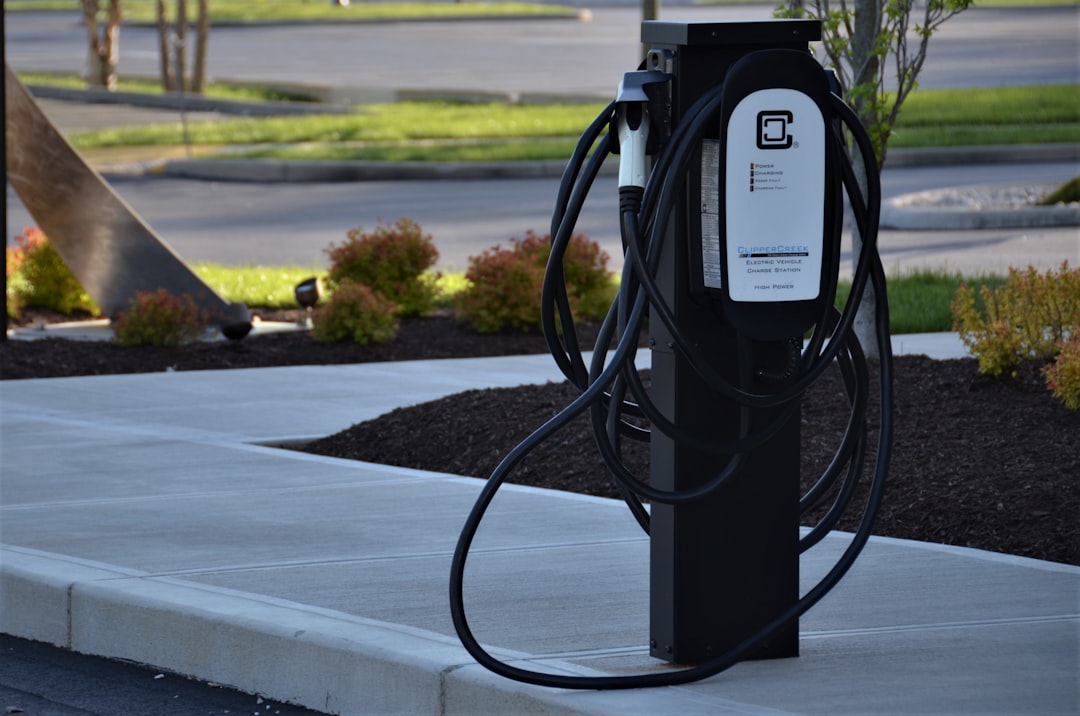Electric Cars: The Not-So-Green Reality
From declining sales to safety concerns, the reality is setting in: electric vehicles may not be the saviors we once hoped for.
In September of last year, I wrote an article shedding light on the dark side of electric vehicles.
Amid the glamorized media portrayal and the push for environmentally friendly alternatives, I looked into widely available data, which revealed a different story. Nearly a year later, the cracks in the electric vehicle “revolution” are becoming more diffi…
Keep reading with a 7-day free trial
Subscribe to genuineprospect to keep reading this post and get 7 days of free access to the full post archives.




